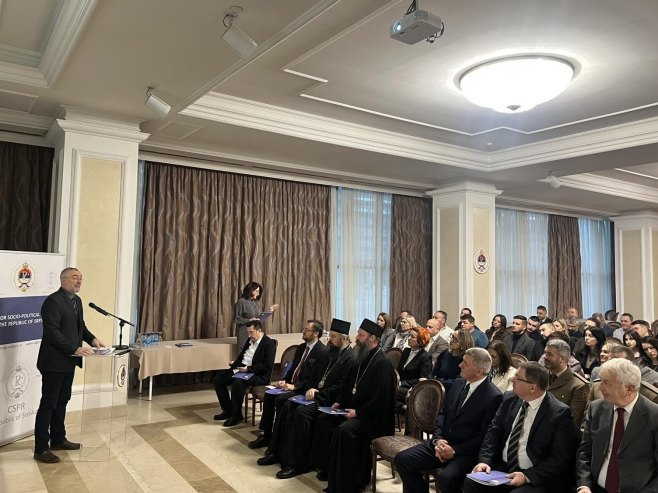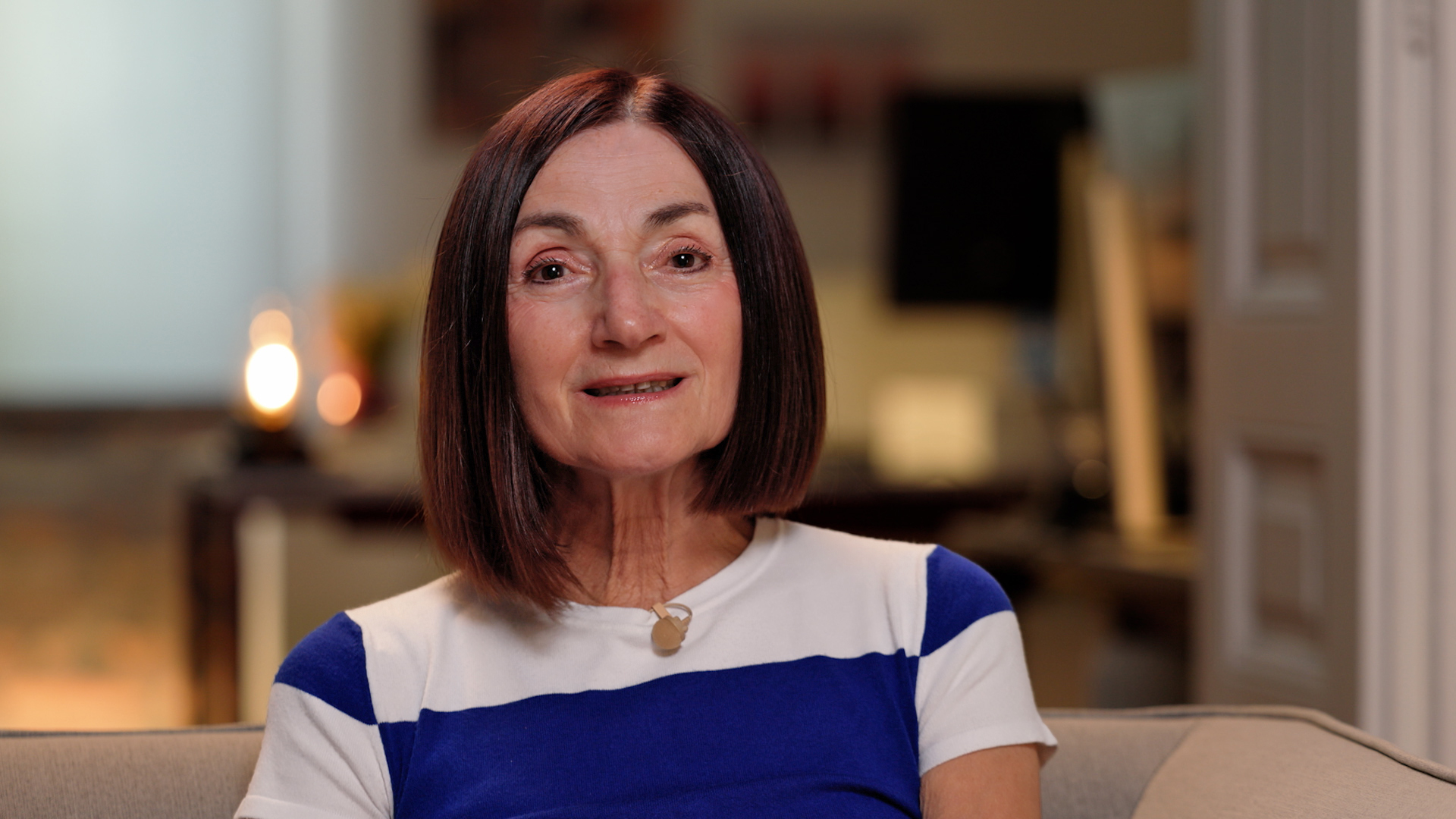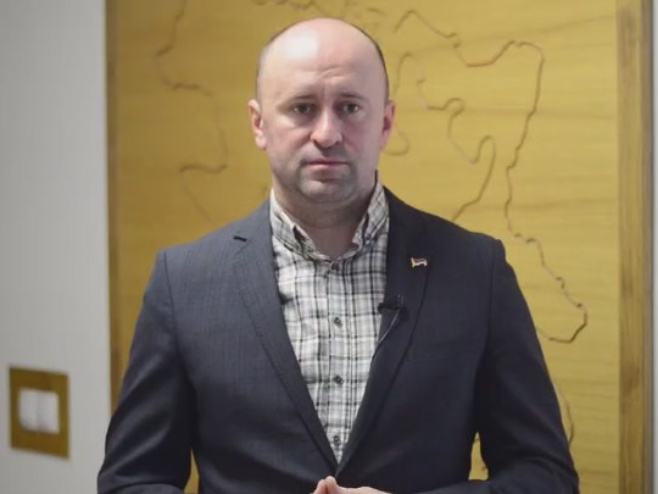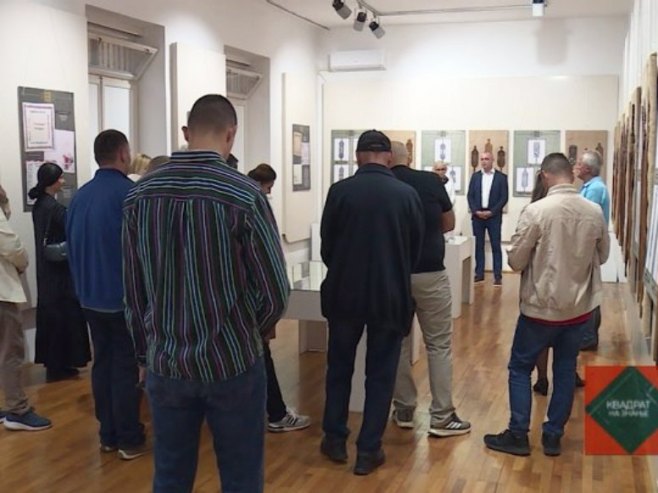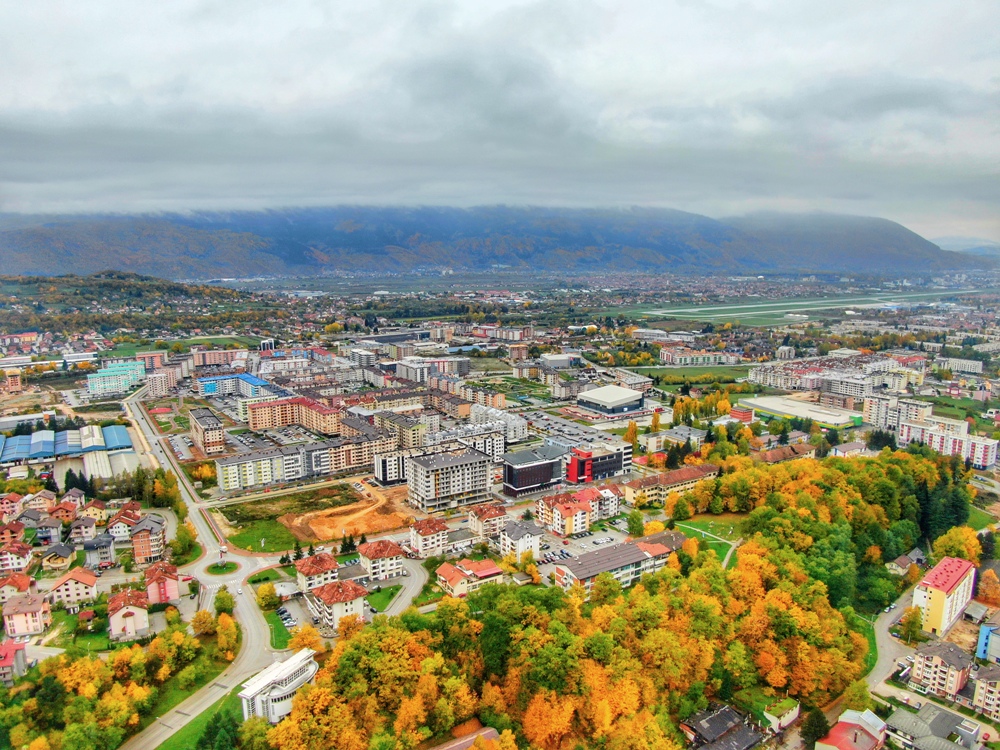Journalist Ljiljana Smajlović pointed out that the proposed resolution on Srebrenica states that every denial of facts established by courts must be condemned, which means forcing self-censorship where it would no longer be permissible to say that the Hague Tribunal delivered highly selective justice.
“This would mean that we are forced into self-censorship where we could no longer say – the Hague Tribunal was a tribunal that delivered highly selective justice, declaring all Serb crimes as intentional, planned, and organized, and every crime against Serbs as accidental and individual,” Smajlović stated.
According to her, it would no longer be allowed to challenge any fact from those verdicts, which are full of legal and other gaps.
When asked what would be different if China votes against this resolution, Smajlović explained that there are many countries in the world, especially in Asia and Africa, that value their relationships with Beijing.
“I assume that China’s vote, which usually abstains when a specific Chinese interest is not at stake, could influence the voting of other countries and could, of course, affect our future relations with other states,” Smajlović told RTS.
She assessed that the West is sending a message that Germany, which will be the introducer at the UN General Assembly session, is the most important country in Europe.
“It’s not just inappropriate that Germany committed genocides against Serbs in two world wars, but Germany used our civil wars in the nineties to once again impose, to participate in imposing solutions on other countries by force,” Smajlović concluded.
Source: RTRS

